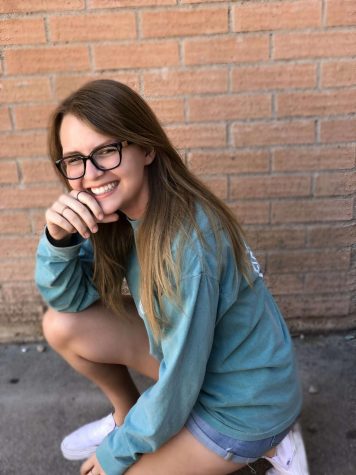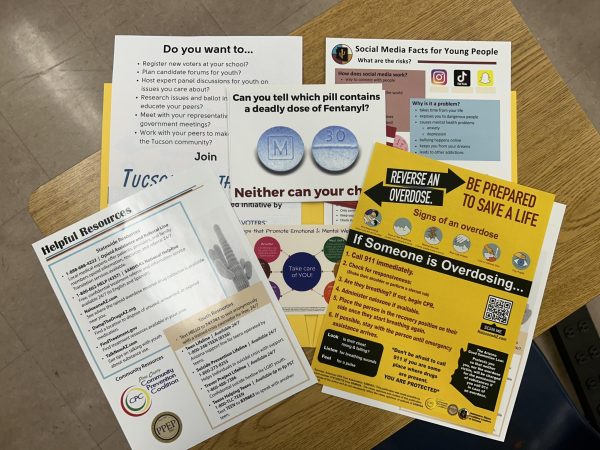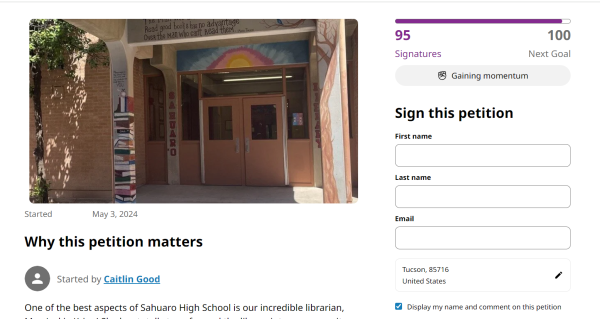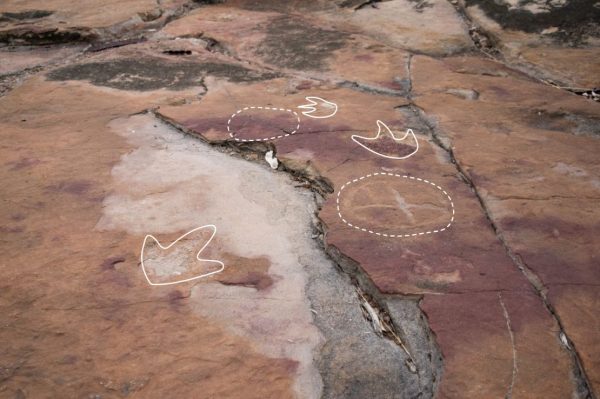Good News After A Crazy Week
decorative vector artwork
November 19, 2019
It seems as though today’s news is centered only on the world’s negative things, it can throw people into a very bad mood. Good things have to happen in the universe, right? Okay, there are and some positive stories are here between all the horrible things going on in little digestible bits.
More Than 20 Drivers Stop Traffic to Rescue a Frightened Dog From the Highway Following Car Collision
Then a frightened pup escaped from a car collision and started sprinting down a Houston highway, almost every passing driver knew what they had to do. More than 20 motorists stopped their cars and put on their hazard lights in order to try and help rescue the dog in Houston, Texas. Though several Good Samaritans got close to grabbing the pup’s leash, it would get scared and run back down the road. It took a team of determined drivers working together to corner the dog before someone could finally get a hold of its leash and keep it in place long enough to calm it down. No one confirmed the name of the dog’s owner, but he was apparently quite relieved to discover that his dog was safe, although the pup had sustained some scratches on its paws from stepping on broken glass. The rescue shows Houston’s humanity at its finest. See a first hand point of view video here.
Hospital Knits ‘Mr. Rogers’ Sweaters for All the Newborns in Honor of World Kindness Day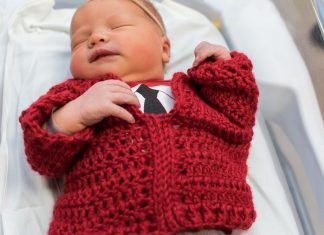
Copper Hospital Beds Could Save Millions of Lives Since New Study Says They Harbor 95% Fewer Bacteria
A new study found that the Intensive Care Unit (ICU) copper hospital beds cultivated an average of 95% fewer bacteria than traditional hospital beds — and retained these low-risk levels throughout the hospital stay of patients. “Hospital-acquired infections sicken approximately 2 million Americans annually, and kill nearly 100,000—numbers roughly equivalent to the number of deaths if a wide-bodied jet crashed every day,” said co-author Dr. Michael G. Schmidt, Professor of Microbiology and Immunology at the Medical University of South Carolina, Charleston. “Despite the best efforts by environmental services workers, they are neither cleaned often enough nor well enough.”
“The findings indicate that antimicrobial copper beds can assist infection control practitioners in their quest to keep healthcare surfaces hygienic between regular cleanings, thereby reducing the potential risk of transmitting bacteria associated with healthcare-associated infections,” said Dr. Schmidt.
With the advent of copper encapsulated hospital beds, dividends will likely be paid in improved patient outcomes, lives saved, and healthcare dollars saved.
World’s First Ebola Vaccine Approved for Global Use After Saving Hundreds of Thousands During Outbreak
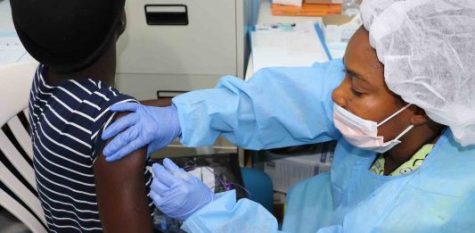 Within 48 hours of the vaccine’s approval by the European Commission, the World Health Organization (WHO) confirmed that the treatment had met it’s international health and safety standards, making it the first medically active vaccine to protect adults 18 years of age or older at risk of Ebola virus infection. Evidence from clinical trials and compassionate use guidelines shows that after single-dose treatment, Ervebo protects people from Ebola virus disease. The vaccine is used in ‘compassionate use’ to protect people, including children and pregnant women, at the highest risk of infection as part of a ring vaccination policy. As of November, 15th 2019, more than 250,000 people have been vaccinated in DRC, as well as in Burundi, Uganda, South Sudan, Guinea, and Rwanda.
Within 48 hours of the vaccine’s approval by the European Commission, the World Health Organization (WHO) confirmed that the treatment had met it’s international health and safety standards, making it the first medically active vaccine to protect adults 18 years of age or older at risk of Ebola virus infection. Evidence from clinical trials and compassionate use guidelines shows that after single-dose treatment, Ervebo protects people from Ebola virus disease. The vaccine is used in ‘compassionate use’ to protect people, including children and pregnant women, at the highest risk of infection as part of a ring vaccination policy. As of November, 15th 2019, more than 250,000 people have been vaccinated in DRC, as well as in Burundi, Uganda, South Sudan, Guinea, and Rwanda.











